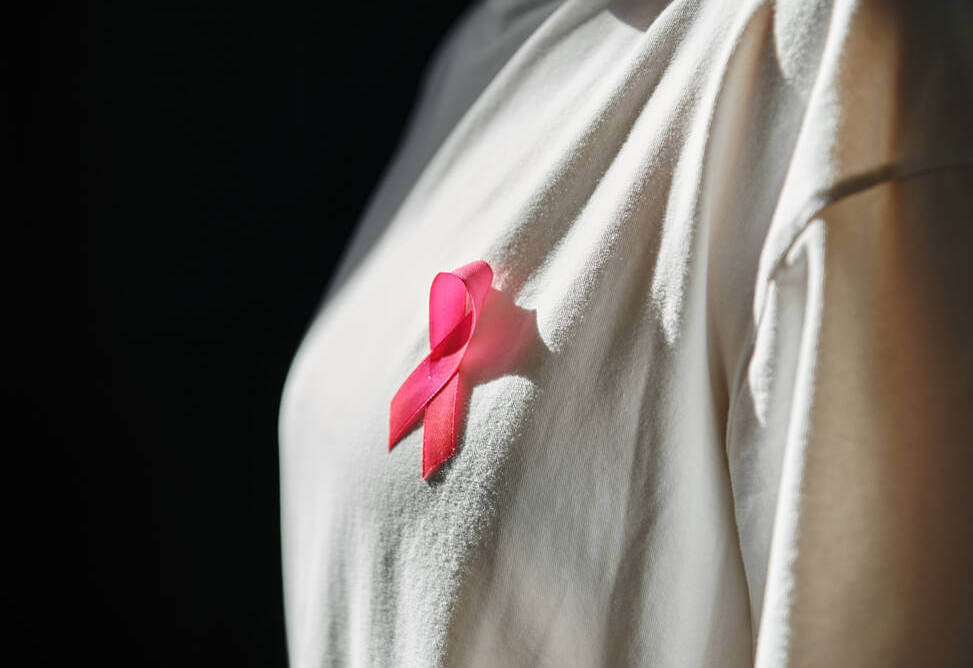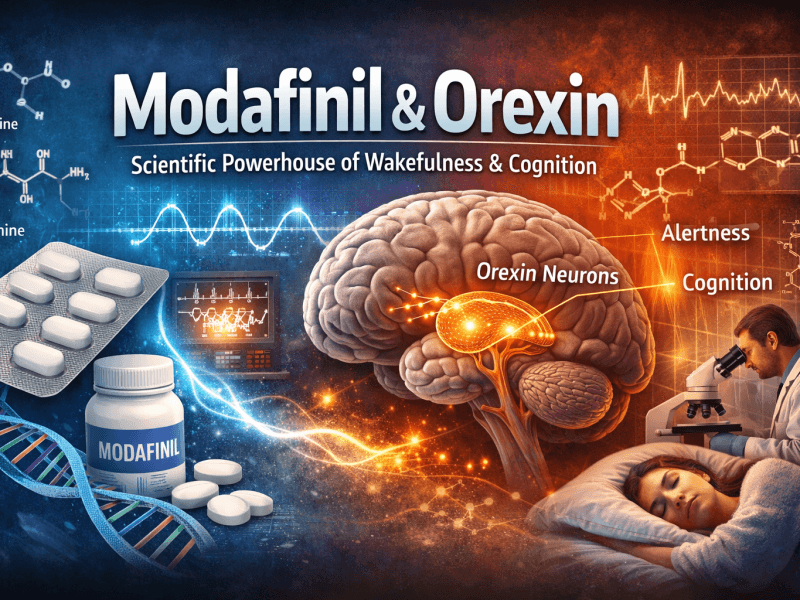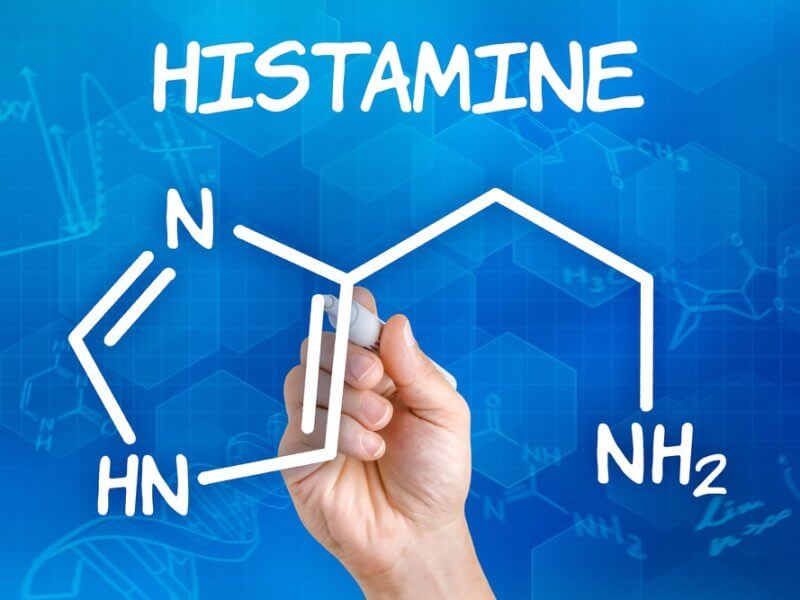Last Updated on 03/02/2026 by James Anderson
Cancer-related fatigue (CRF) is one of the most debilitating and pervasive side effects of cancer and its treatment, affecting an estimated 60-90% of patients. Unlike ordinary tiredness, CRF is a profound, persistent sense of physical, emotional, and cognitive exhaustion that is not proportional to recent activity and is not reliably relieved by rest. It severely impairs quality of life and functional capacity. Among the pharmacological strategies to manage this challenging symptom, modafinil (Provigil) and its enantiomer armodafinil (Nuvigil) have emerged as prominent, though nuanced, therapeutic options. This comprehensive guide, written from an oncological and palliative care perspective, analyzes the current evidence, outlines a precise clinical protocol for use, and situates these agents within a holistic, multi-modal fatigue management strategy.
Understanding Cancer-Related Fatigue: Why It Defies Simple Solutions
CRF is a multi-factorial syndrome. Its pathophysiology is poorly understood but involves a complex interplay of:
- Direct Tumor Effects: Cytokine release (TNF-alpha, IL-1, IL-6), metabolic competition, and paraneoplastic syndromes.
- Treatment Toxicity: Chemotherapy, radiotherapy, and surgery cause cumulative damage, anemia, and endocrine dysfunction.
- Psychosocial Factors: Depression, anxiety, sleep disturbance, and pain create a vicious cycle that perpetuates fatigue.
This complexity explains why a single intervention, like a stimulant, is rarely a complete solution. Management must be integrated and personalized.
The Rationale for Modafinil/Armodafinil in CRF: Mechanism of Action
Modafinil is a wakefulness-promoting agent (eugeroic) with a unique neurochemical profile distinct from traditional psychostimulants like methylphenidate:
- Primary Action: Inhibition of the dopamine transporter (DAT), increasing extracellular dopamine in key brain regions like the hypothalamus and prefrontal cortex. This enhances alertness, motivation, and executive function without the widespread noradrenergic “jitteriness” associated with amphetamines.
- Secondary Mechanisms: Activation of orexin/hypocretin neurons (central to wake/sleep regulation) and modulation of histamine, norepinephrine, and GABA systems.
Theoretical Benefit for CRF: By promoting cortical arousal and counteracting the central nervous system depression associated with inflammatory cytokines and treatment effects, modafinil can directly target the pervasive sense of mental and physical weariness that characterizes CRF, potentially improving the capacity for daily activity and engagement.
The Evidence Landscape: What Clinical Trials Tell Us
The research on modafinil for CRF presents a mixed but instructive picture, highlighting the importance of patient selection.
- Positive Findings & Supportive Studies:
- Multiple smaller randomized controlled trials (RCTs) and open-label studies, particularly in patients with severe baseline fatigue, have shown statistically significant improvements in fatigue scores (Brief Fatigue Inventory, Functional Assessment of Chronic Illness Therapy-Fatigue) compared to placebo.
- Benefits are most consistently reported for cognitive fatigue and excessive daytime sleepiness, components of CRF that align with modafinil’s known mechanisms.
- Studies in specific populations like brain tumor patients (who often experience profound fatigue and cognitive dysfunction) have shown particular promise.
- Negative Findings & Limitations:
- Larger, multi-center RCTs (some conducted in the UK) have sometimes failed to show a significant overall benefit over placebo for the general cancer population.
- This discrepancy underscores a critical point: modafinil is not a universal panacea for CRF. Its efficacy appears greatest in a subset of patients likely those with fatigue dominated by hypersomnolence, cognitive slowing, and low motivation, rather than pure physical debility.
- Consensus from Major Guidelines:
- Organizations like the National Comprehensive Cancer Network (NCCN) and the American Society of Clinical Oncology (ASCO) acknowledge the evidence for psychostimulants, including modafinil, for CRF.
- They typically recommend them as second-line or adjunctive options after non-pharmacological interventions (see below) and correction of reversible causes (anemia, hypothyroidism, depression), noting the need for careful patient selection and monitoring.
A Structured Clinical Protocol for Use
If a trial of modafinil is deemed appropriate, a structured approach maximizes safety and the chance of success.
1: Comprehensive Patient Assessment & Selection
- Ideal Candidate Profile:
- Patient with moderate-to-severe CRF (score >4 on a 0-10 scale) persisting despite management of anemia, electrolytes, pain, depression, and sleep hygiene.
- Fatigue characterized by excessive daytime sleepiness, “brain fog,” and lack of mental energy.
- No active or unstable cardiac disease (contraindication).
- No history of psychosis or severe anxiety (can be exacerbated).
- Not on complex regimens of medications that interact with CYP3A4.
- Absolute Contraindications: Uncontrolled hypertension, arrhythmias, left ventricular hypertrophy, history of mitral valve prolapse with complications.
2: Initiation and Titration
- Start Low: Modafinil: 50-100 mg daily. Armodafinil: 50 mg daily. Administer as a single dose first thing in the morning to prevent insomnia.
- Go Slow: Assess response after 3-7 days. If tolerated but insufficient, increase dose incrementally.
- Typical Therapeutic Range: Modafinil 100-200 mg/day; Armodafinil 150-250 mg/day. Doses above 200 mg/day (modafinil) offer diminishing returns and increased side effects.
3: Monitoring and Evaluation
- Use a Validated Tool: Re-assess fatigue weekly using a simple scale (BFI, FACIT-F) during titration.
- Define Success Criteria: The goal is functional improvement (“able to prepare a meal,” “can read for 30 minutes”), not complete eradication of fatigue.
- Monitor for Side Effects: Common: headache, nausea, dry mouth, anxiety. Serious but rare: Stevens-Johnson Syndrome (any rash requires immediate discontinuation), psychiatric symptoms.
- Drug Interactions: Modafinil is a moderate inducer of CYP3A4. It can reduce serum levels of many drugs, including:
- Some chemotherapy agents (check specific metabolism pathways).
- Antidepressants (sertraline).
- Hormonal Contraceptives (CRITICAL): Efficacy is reduced; alternative non-hormonal birth control is mandatory.
4: Ongoing Management and Discontinuation
- Reassess Regularly: Evaluate the continued need for therapy every 1-3 months. CRF often improves after active treatment ends.
- Tapering: Unlike traditional stimulants, physical withdrawal is minimal. However, a gradual taper over a week (reduce by 50mg every 2-3 days) is prudent to monitor for rebound fatigue.
Integrative Fatigue Management: Modafinil as One Tool in the Toolkit
Pharmacology is most effective within a broader plan. First-line, evidence-based strategies should always be employed or continued:
| Intervention Category | Specific Actions & Modalities | Rationale |
|---|---|---|
| Non-Pharmacological (First-Line) | Structured, moderate exercise (walking, yoga, strength training). Psychoeducational interventions (energy conservation, activity pacing). Cognitive Behavioral Therapy (CBT) for insomnia and fatigue. Mindfulness-Based Stress Reduction (MBSR). | Addresses deconditioning, improves sleep architecture, modifies maladaptive thoughts, reduces stress response. |
| Treat Underlying Causes | Correct anemia (iron, EPO, transfusions). Optimize pain control. Diagnose and treat depression/anxiety. Manage nausea/vomiting. Optimize thyroid and adrenal function. | Removes exacerbating factors that no stimulant can overcome. |
| Pharmacological (Adjunctive) | Modafinil/Armodafinil (as detailed). Methylphenidate (alternative stimulant, faster onset, more side effects). Corticosteroids (dexamethasone for short-term use in advanced illness). Antidepressants (if comorbid depression is present). | Targets central arousal, inflammation, and mood components of the fatigue syndrome. |
Conclusion and Final Recommendations
Modafinil and armodafinil are valuable, specialized tools for managing cognitive and wakefulness-related components of cancer-related fatigue. They are not first-line agents and are not effective for all patients.
Key Recommendations for Clinicians:
- Reserve for Select Patients: Consider a trial in patients with severe, persistent CRF where hypersomnolence and mental fatigue are prominent, and reversible causes have been addressed.
- Use a Protocol: Start low, go slow, monitor closely with validated tools, and have clear functional goals.
- Never Use in Isolation: Embed prescription within a comprehensive care plan emphasizing non-pharmacological strategies.
- Practice Informed Consent: Clearly discuss the variable evidence, potential side effects (especially contraceptive failure), and the goal of functional improvement rather than cure.
For patients, a trial of modafinil should be a collaborative, carefully monitored decision made with an oncology team that views it as one part of a concerted fight to reclaim energy and quality of life during and after cancer treatment.
FAQ
My oncologist hasn’t mentioned modafinil. Is it a new or experimental treatment?
No, it is not new or strictly experimental. It is an FDA-approved medication for other conditions (narcolepsy, sleep apnea) that is used “off-label” for cancer-related fatigue. Off-label use is common in oncology. The evidence is mixed but substantial enough for it to be a recognized option in clinical guidelines. Your oncologist may prioritize other interventions or may not be familiar with its application for CRF; it is perfectly appropriate to ask about it during a fatigue-focused discussion.
I have a history of mild anxiety. Can I still try modafinil?
This requires extreme caution and close monitoring. Modafinil can potentiate anxiety, nervousness, and insomnia in susceptible individuals. If a trial is undertaken, it should be started at a very low dose (e.g., 50mg) and only if your anxiety is currently well-controlled. You and your doctor should have a clear plan for stopping the medication if anxiety worsens. For patients with active or severe anxiety, modafinil is often not the preferred agent.
‼️ Disclaimer: The information provided in this article about modafinil is intended for informational purposes only and is not a substitute for professional medical consultation or recommendations. The author of the article are not responsible for any errors, omissions, or actions based on the information provided.
References:
- U.S. Food and Drug Administration. PROVIGIL. U.S. Department of Health and Human Services. https://www.accessdata.fda.gov/drugsatfda_docs/label/2015/020717s037s038lbl.pdf . 2015
- Ballon JS, Feifel D. A systematic review of modafinil: potential clinical uses and mechanisms of action. J Clin Psychiatry. 2006
- Willavize, S. A., Nichols, A. I., & Lee, J. Population pharmacokinetic modeling of armodafinil and its major metabolites. https://doi.org/10.1002/jcph.800 . 2016
- Fuxe K, et al. Modafinil enhances the increase of extracellular serotonin levels induced by the antidepressant drugs fluoxetine and imipramine: a dual probe microdialysis study in awake rat. Synapse. 2005
- Wirz, S., Nadstawek, J., Kühn, K. U., Vater, S., Junker, U., & Wartenberg, H. C. Modafinil zur Behandlung der Tumorfatigue: Eine Interventionsstudie [Modafinil for the treatment of cancer-related fatigue: An intervention study]. https://doi.org/10.1007/s00482-010-0987-y . 2010
- Woo, J., & Verduzco-Gutierrez, M. Traumatic brain injury: An overview of epidemiology, pathophysiology, and medical management. Medical Clinics of North America. https://doi.org/10.1016/j.mcna.2019.11.001 . 2020
- Oliva Ramirez A, Keenan A, Kalau O, Worthington E, Cohen L, Singh S. Prevalence and burden of multiple sclerosis-related fatigue: a systematic literature review. https://doi.org/10.1186/s12883-021-02396-1 . 2021.
- Ciancio A, Moretti MC, Natale A, Rodolico A, Signorelli MS, Petralia A. Personality Traits and Fatigue in Multiple Sclerosis: A Narrative Review. Journal of Clinical Medicine. https://doi.org/10.3390/jcm12134518 . 2023
- Mereu, M., Bonci, A., Newman, A. H., & Tanda, G. The neurobiology of modafinil as an enhancer of cognitive performance and a potential treatment for substance use disorders. https://doi.org/10.1007/s00213-013-3232-4 . 2013
- Greenblatt, K., & Adams, N. Modafinil. StatPearls Publishing. https://www.ncbi.nlm.nih.gov/books/NBK531476/ . 2023


